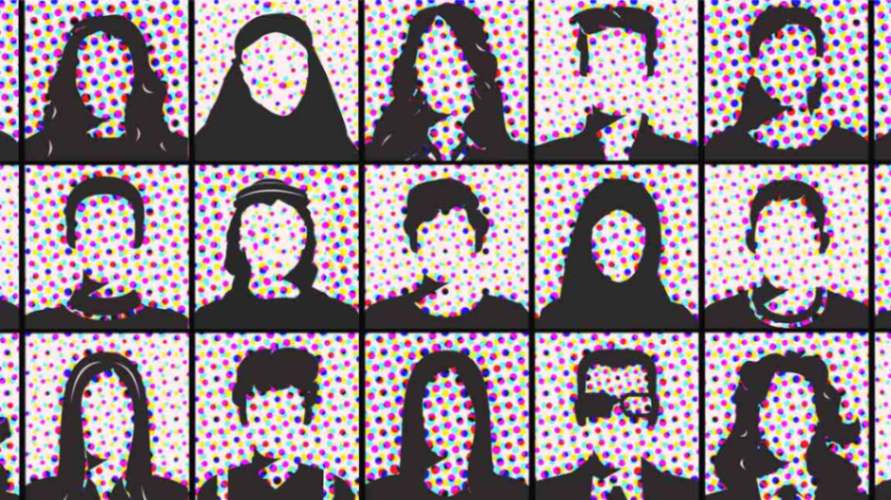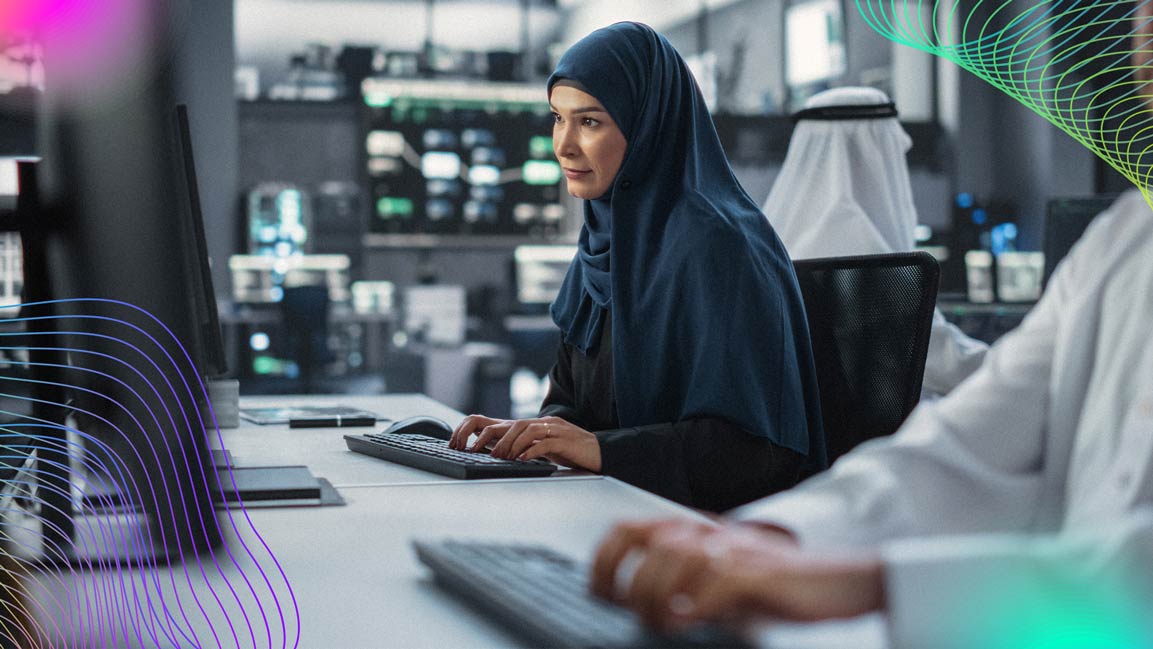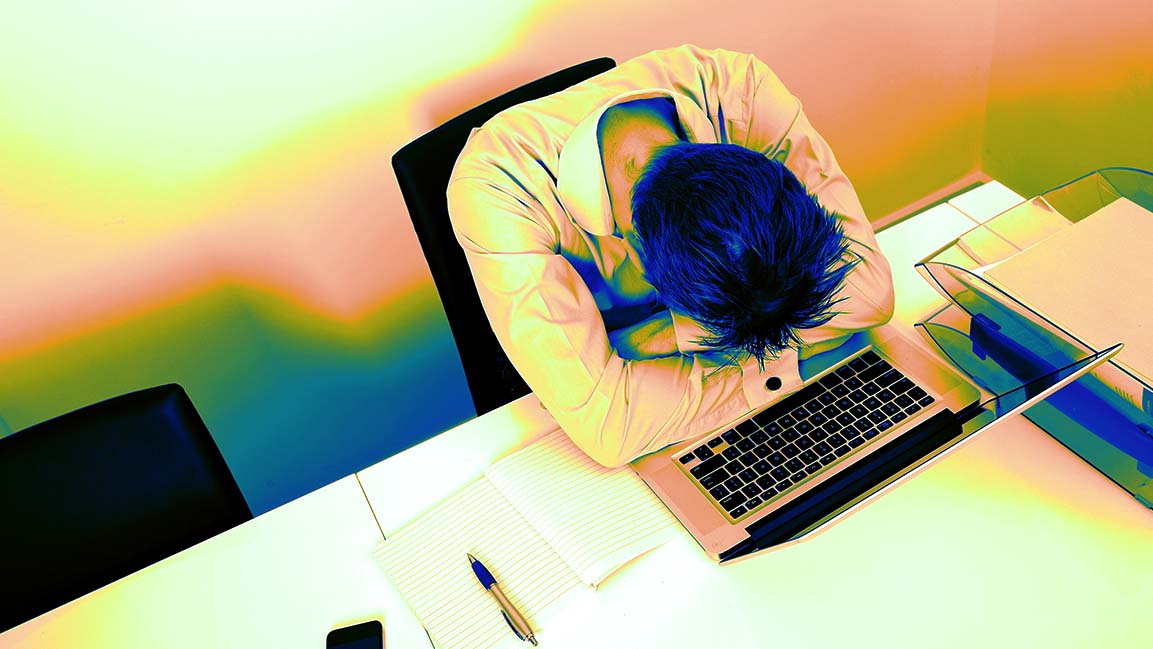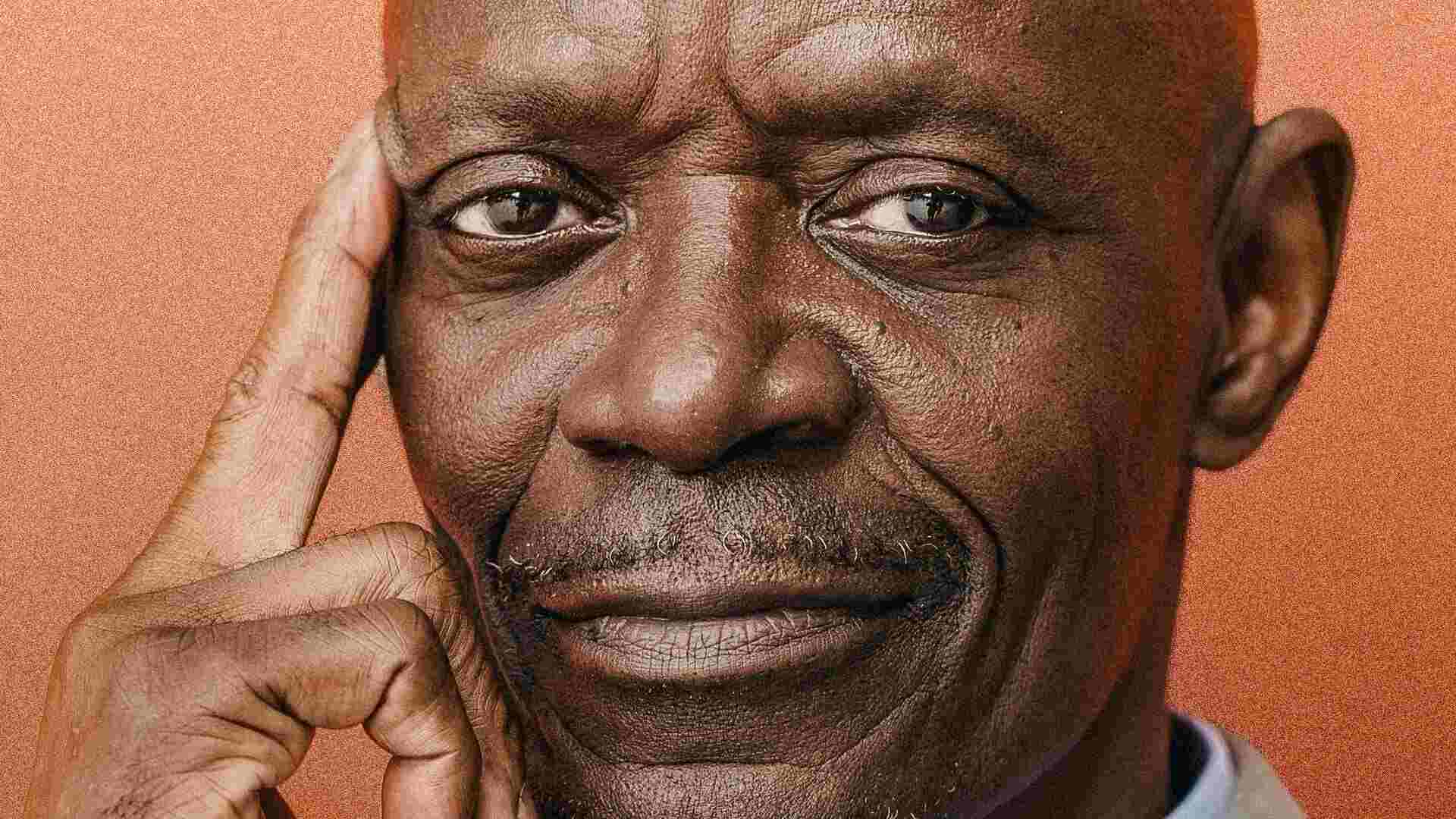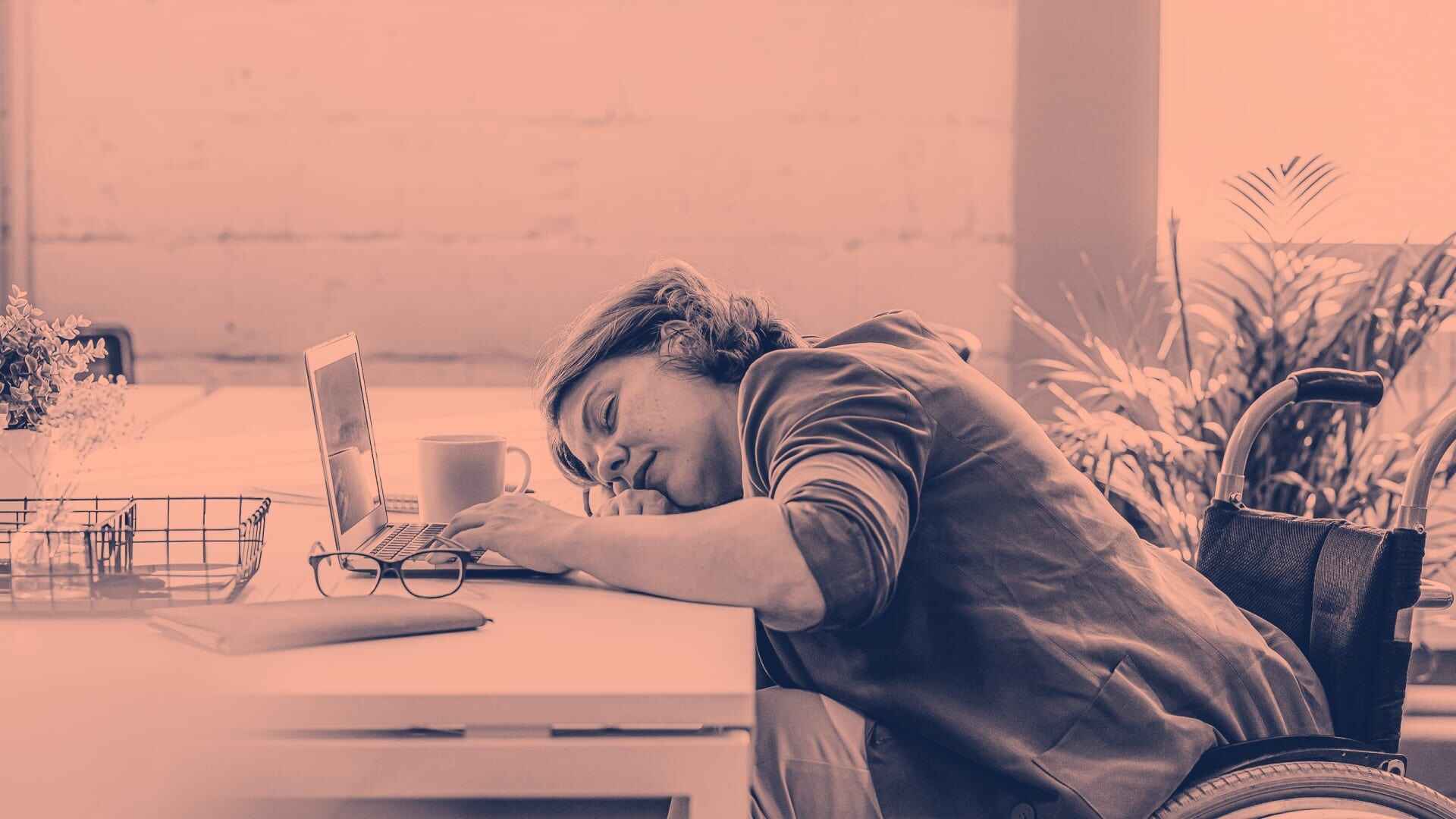- | 9:00 am
Why Microsoft’s Satya Nadella and Lowe’s CEO Marvin Ellison care about disability inclusion
Workplaces and products that are accessible to people with disabilities are good business.
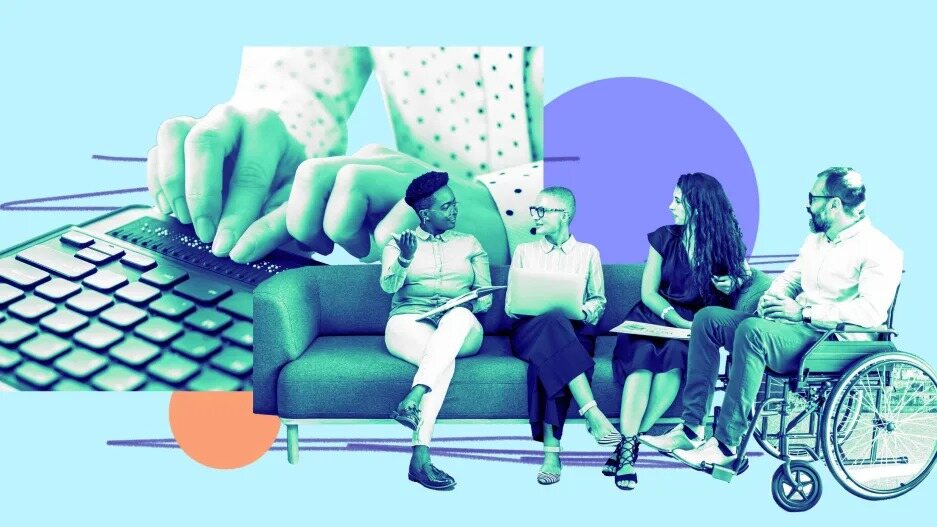
Microsoft CEO Satya Nadella has talked about how his late son’s cerebral palsy shaped his commitment to a workplace and products that are accessible to people with disabilities. Lowe’s CEO Marvin Ellison has said the challenge of making his elderly father’s home more accessible inspired the creation of the retailer’s Livable Home initiative, a one-stop shop for age-friendly products such as ramps and safety accessories that also support the disability community.
WORKPLACES AND PRODUCTS FOR ALL
Leaders who make disability inclusion a priority and commit to measuring their companies’ progress are important allies in the effort to build economies and environments that are open and accessible to the world’s 1.3 billion people with disabilities. Disability:IN, a nonprofit that serves as a resource for business disability inclusion, launched its Disability Equality Index (DEI) in 2015 with the help of an advisory committee that includes business leaders. And more than 170 CEOs have signed a letter crafted by Disability:IN, asking fellow CEOs to pledge their support to make their organizations more inclusive to the disability community.
“When companies are on this journey, publicly holding themselves accountable, being transparent, and utilizing their platform to talk about what they’re doing [to advance disability inclusion], their competitors and their peers are going to be watching, and they’re going to want to know what they’re doing,” says Jill Houghton, Disability:IN’s president and CEO.
THE CASE FOR INCLUSIVITY
There’s a strong business case for disability inclusion: A 2018 report from Accenture found leading companies in disability inclusion outperformed their peers: The top 45 disability inclusion companies identified by Accenture on average had 28% higher revenue and 30% higher profit margins than other companies on the index. An updated report will be released later this year.
But true inclusion is hard, as Fast Company’s Mark Wilson details in an excellent piece about Microsoft’s quest to become a leader in accessible design. The company is credited with many successes, including an inclusive hiring program and the Xbox Adaptive Controller. However, Microsoft has also faced criticism for not sufficiently explaining the controller to the disability community. Others have said the device, which has large buttons, is infantilizing. Even the company’s widely praised 2019 Super Bowl commercial, which featured children talking about playing video games, was questioned by the community “for framing people with disabilities as superheroes and accessibility as a doe-eyed, childlike phenomenon,” Wilson writes.
Wilson also tried unsuccessfully to get Microsoft to disclose profits from its inclusively designed products. His argument: For inclusive products at public corporations such as Microsoft to be sustainable, they also need to be profitable. And while Nadella is a staunch supporter of Microsoft’s accessibility efforts, Wilson muses, what happens if another CEO comes in who lacks his zeal for disability inclusion?
The good news: Inclusive design can be wildly popular—and profitable—with broader audiences. The inventor of the OXO Good Grips vegetable peeler was trying to make a product that his arthritic wife could use. The utensil was added to the Museum of the Modern Art’s permanent collection in 1994, and in 2018 Fast Company bestowed the peeler with its first-ever Timeless Design award.
ADVANCING DISABILITY INCLUSION
Some 89% of companies who participate in the Disability Equality Index have disability employee resource groups. Does your company have an employee resource group dedicated to your disability community? What creative steps have you taken to advance disability inclusion? Send me your stories at stephaniemehta@mansueto.com, and I’ll share some in an upcoming newsletter.












